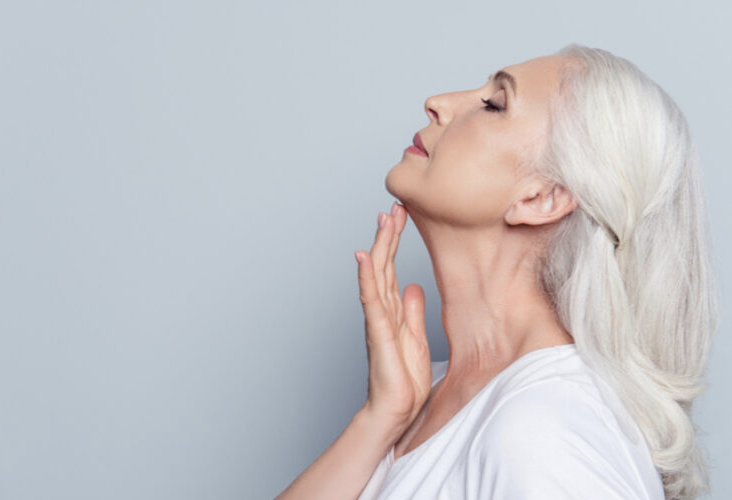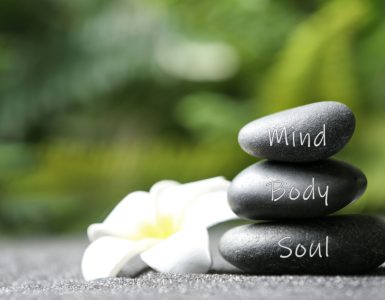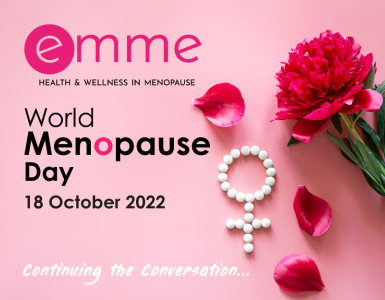Many different factors affect the way that your skin looks and feels each day. The foods we eat, our hydration levels, how much stress we are under, and our skincare regime – all of these things contribute to the appearance of our skin
However, it is your hormones that have the greatest impact. They regulate the oil and sebum, trigger acne and spots, and can cause wrinkles and dehydration.
In your 40s, 50s, and 60s, your hormones are one of the biggest factors that contribute to your health, wellbeing, and appearance. Here are some of the most important ways that you can support your skin’s health as your hormones change.
Hormones and your skin in your 40s
When you are in your 40s, you will likely experience the symptoms of perimenopause, which is the transitional phase before menopause. At this point in your life, your oestrogen is beginning to decline, causing changes in your skin. Most women report that their skin feels drier (as sebum regulating testosterone diminishes), and they experience textural changes and volume loss as their oestrogen fluctuates.
You might also notice that your past becomes more visible on your face! Any and all of the smoking, drinking, and sunbathing you have done in your life might start to show up in the form of wrinkles, fine lines, and sun damage.
Now is the time in your life to really start investing in quality skincare. You can help your skin by diligently exfoliating, using eye cream, and applying a firming face serum, retinol products, and a moisturiser. Remember – SPF is one of the most important parts of your routine, and you should never leave the house without it.
Hormones and your skin in your 50s and 60s
As you head into your 50s, some of the damage and wrinkles that you saw emerge in your 30s and 40s will become more pronounced. As you enter menopause, you might find that you feel hot, flushed, and red faced, and you skin might start to feel more sensitive.
Your oestrogen levels continue to drop, and this affects the fat distribution around your face and body
You’ll likely see a loss in the volume in your cheeks, neck, chest, and the backs of your hands. The decline in collagen and elastin can cause your skin to sag, something that is made worse with exposure to UV rays. Crepey skin around your eyes and on your chest and neck is common, as is easily dehydrated skin all over your body.
The good news is that you can minimise the signs of aging on your face and body in many different ways. Limiting alcohol, staying away from smoking, and being diligent about SPF will all help you look as youthful as possible. Drink plenty of water and ensure that you cleanse, hydrate, and tone your skin every day.
Skincare containing retinoids (tretinoin and retinol) has been scientifically proven to reduce the signs of aging by boosting collagen production, so invest in these products. Cleanse your skin thoroughly each night to remove your SPF and make up, and follow with a retinol product, hydrating serums, and a rich moisturiser and/or facial oil to combat dryness.
Women are beautiful at any age, so to look and feel your best, it’s never too late to start taking care of your skin!
















